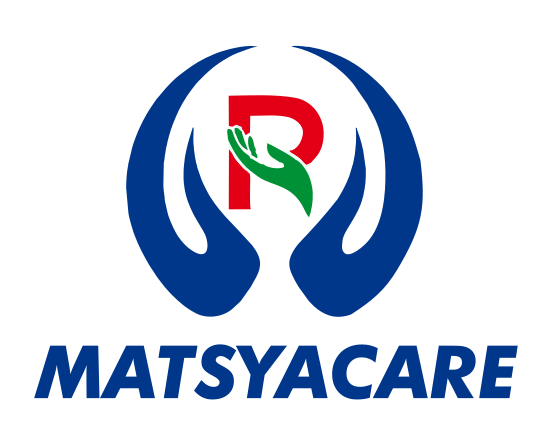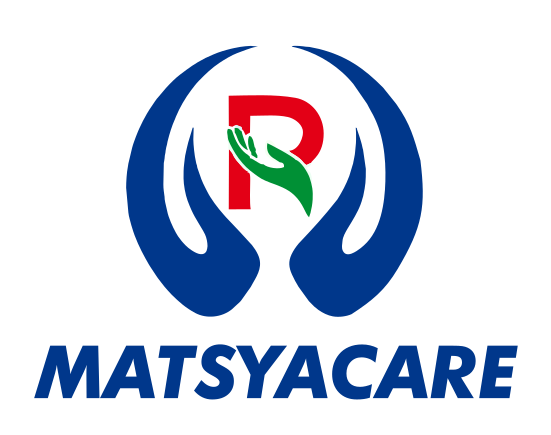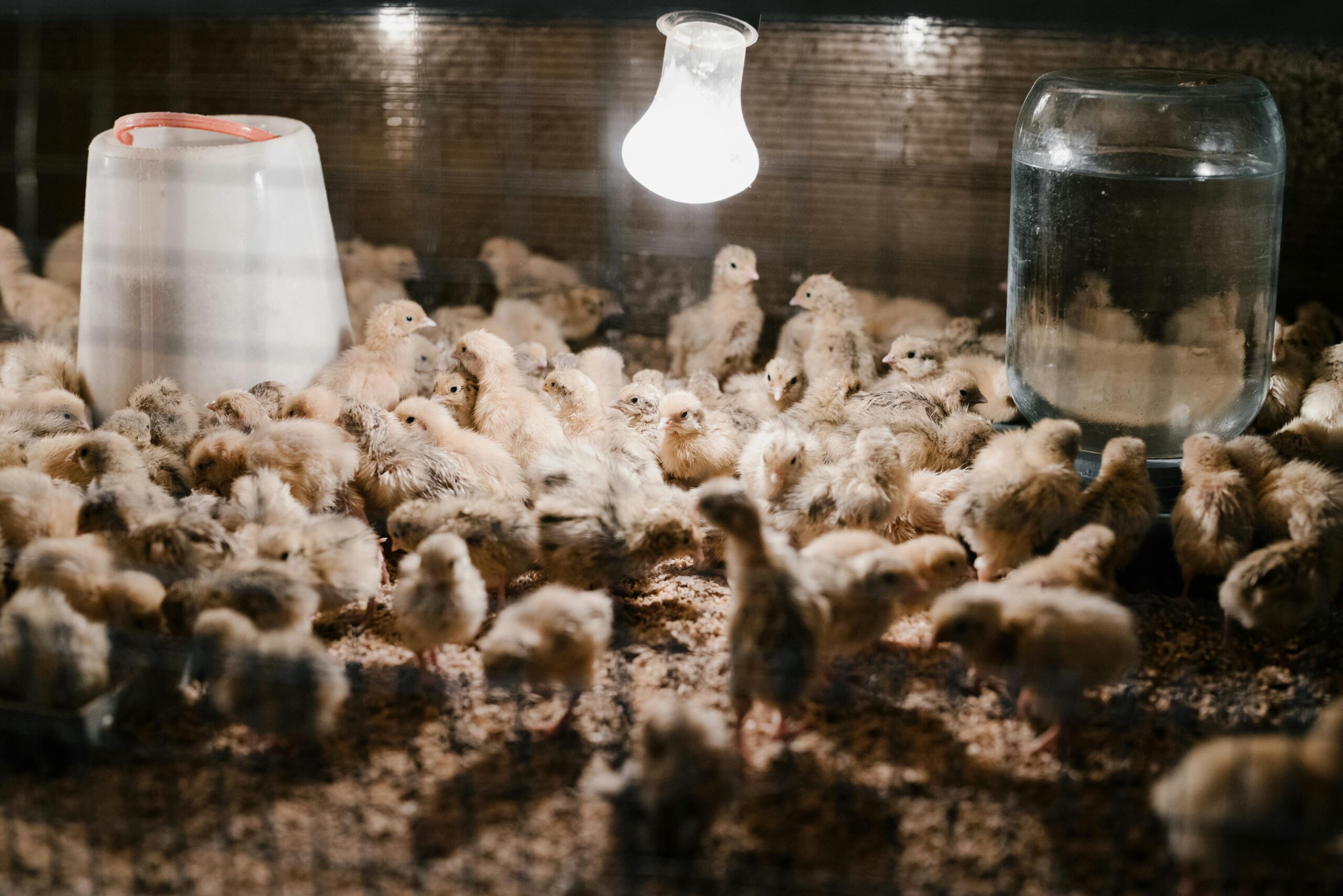Introduction
Poultry nutrition is a critical aspect of the agricultural industry, impacting not only the health and productivity of the birds but also the profitability of poultry farming. One of the key components of effective poultry nutrition is the inclusion of amino acids in their feed. These building blocks of protein play an essential role in the growth, development, and overall health of poultry.
Understanding Amino Acids
Definition and Types
Amino acids are organic compounds that combine to form proteins. They are vital for various biological processes, including the synthesis of hormones and enzymes, immune function, and tissue repair. Amino acids are classified into two main types: essential and non-essential.
Essential vs Non-Essential Amino Acids
Essential amino acids cannot be synthesized by the body and must be obtained through diet. In poultry, these include methionine, lysine, threonine, and tryptophan, among others. Non-essential amino acids, on the other hand, can be produced by the body and are also important for maintaining optimal health.
Key Amino Acids for Poultry
Methionine
Methionine is crucial for the growth and feather development of poultry. It also plays a role in metabolism and detoxification.
Lysine
Lysine is essential for protein synthesis, tissue repair, and enzyme production. It supports muscle growth and egg production.
Threonine
Threonine is necessary for the formation of proteins and other crucial molecules in the body. It helps in maintaining immune function and digestive health.
Tryptophan
Tryptophan is important for the production of serotonin, a neurotransmitter that influences mood and sleep. It also aids in growth and feed intake.
Benefits of Amino Acid Supplementation
Enhanced Growth Rates
Supplementing poultry feed with amino acids promotes faster growth and development, ensuring the birds reach market weight more quickly.
Improved Egg Production
Amino acids support better egg production in laying hens, leading to higher yields and better quality eggs.
Better Feed Conversion Ratios
With the right balance of amino acids, poultry can convert feed into body mass more efficiently, reducing feed costs and increasing profitability.
Health and Immunity
Amino acids strengthen the immune system, helping poultry resist diseases and reducing the need for antibiotics.
Sources of Amino Acids in Poultry Feed
Natural Sources
Natural sources of amino acids include soybean meal, fish meal, and other protein-rich ingredients commonly used in poultry feed formulations.
Synthetic Amino Acids
Synthetic amino acids are produced through chemical processes and can be added to feed to ensure the birds receive an adequate supply of essential nutrients.
Challenges in Amino Acid Supplementation
Cost Factors
The cost of amino acid supplements can be high, impacting the overall feed cost. However, the benefits often outweigh the expenses due to improved productivity.
Balancing Amino Acid Levels
Achieving the right balance of amino acids in poultry feed is crucial. Over-supplementation can be wasteful and costly, while under-supplementation can lead to deficiencies and poor performance.
Formulating Amino Acid-Rich Poultry Feed
Determining Nutritional Requirements
Understanding the specific nutritional needs of different poultry species and life stages is essential for formulating effective feeds.
Using Feed Additives
Incorporating feed additives that provide essential amino acids can help meet the nutritional requirements and improve the overall health and productivity of the birds.
Case Studies
Success Stories in Amino Acid Supplementation
Many poultry farmers have reported significant improvements in growth rates, feed efficiency, and overall flock health after incorporating amino acid supplements into their feed programs.
Comparative Studies
Studies comparing traditional feeds with amino acid-supplemented feeds have consistently shown better performance in terms of growth, egg production, and health markers in the latter group.
Future Trends in Poultry Nutrition
Innovations in Feed Supplements
The development of new, more efficient amino acid supplements and delivery methods promises to further enhance poultry nutrition.
Sustainable Practices
Sustainability is becoming a key focus in poultry nutrition, with an emphasis on reducing environmental impact through more efficient feed formulations and practices.


